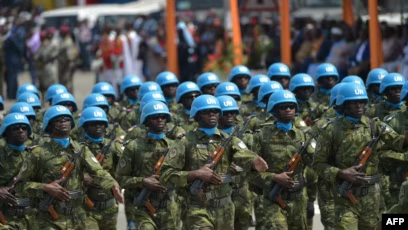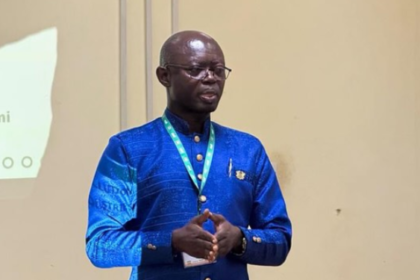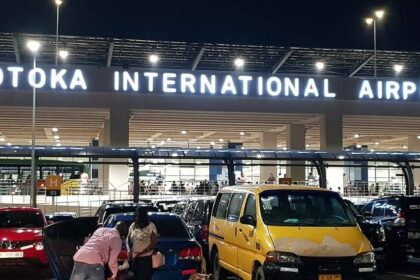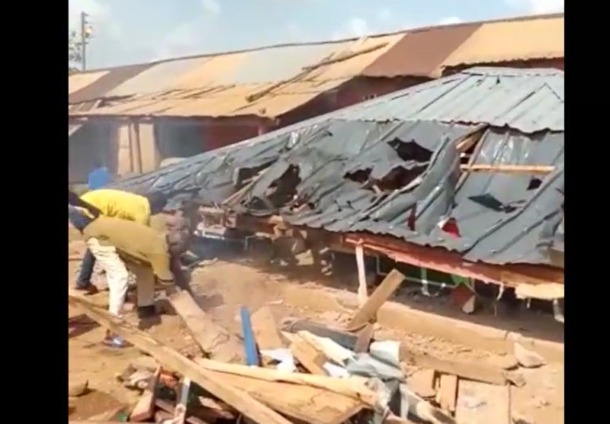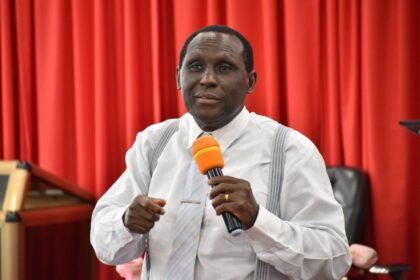The Economic Community of West African States (ECOWAS) has announced plans to deploy 1,650 personnel from its Standby Force (ESF) in 2026 as part of a broader sub-regional initiative to combat terrorism and violent extremism.
The deployment forms part of a proposed 5,000-strong ECOWAS Standby Force Brigade, which also serves as the West African component of the African Standby Force.
This decision follows an agreement reached by ECOWAS Ministers of Finance and Defence on the funding framework during a recent meeting in Abuja, Nigeria.
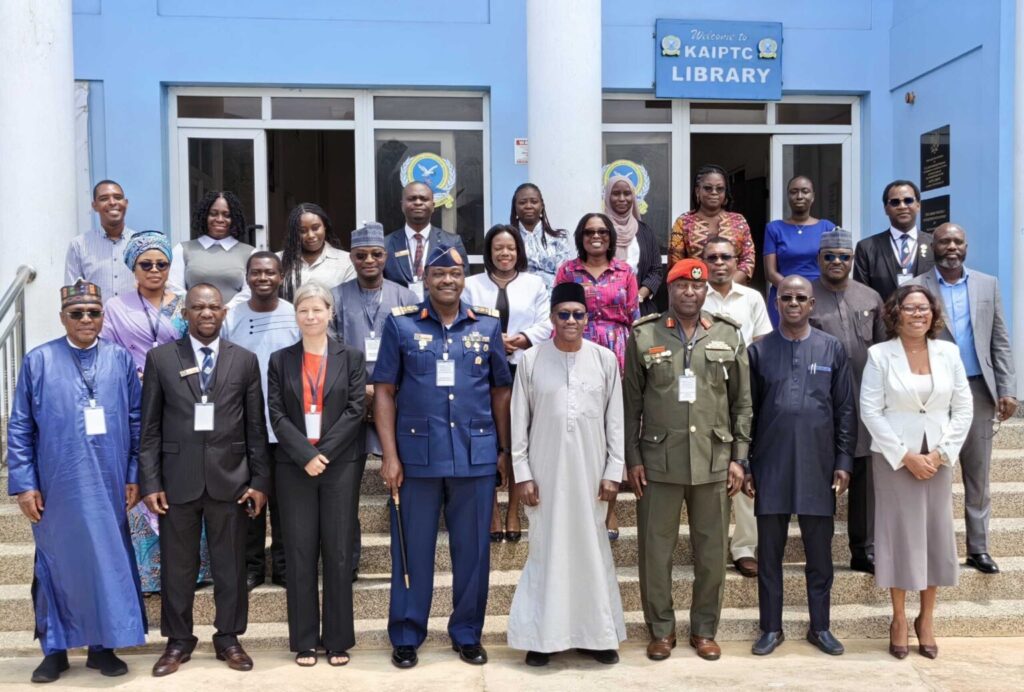
Speaking at the opening of a two-day meeting between the ECOWAS Commission and two of its Training Centres of Excellence (TCEs) — the National Defence College (Nigeria) and the Kofi Annan International Peacekeeping Training Centre (Ghana) — ECOWAS Commissioner for Political Affairs, Peace and Security, H.E. Abdel-Fatau Musah, confirmed that the 1,650 troops would serve as a Rapid Deployment Force.
“Terrorism and violent extremism are no longer confined to the Sahel. These threats are spreading into coastal states,” Ambassador Musah said, citing the example of Mali, where insurgent activity has expanded from the north into central regions and along the borders with Mauritania and Senegal.
He emphasized that ECOWAS leaders now consider terrorism an existential threat, and are committed to enhancing the region’s Peace and Security Architecture. The force’s activation, pending final approval, will leverage years of training provided by the TCEs.
To maintain operational readiness, the TCEs will continue to deliver specialized programs such as Staff Officers Courses (SOC) and Protection of Civilians (POC) training, based on a regional capacity needs assessment completed earlier this year.
Brigadier General Ziblim Bawa Ayorrogo, Deputy Commandant of KAIPTC, called for a responsive, innovative, and collaborative training ecosystem to meet the region’s growing security challenges.
Ghana’s Representative of the ECOWAS President, Ambassador Muhammed Gana, stressed that the initiative comes at a crucial time, as insecurity in the Sahel increasingly spills into coastal West Africa. He called for renewed political will to address the root causes of instability and to adopt proactive crisis management strategies in an evolving global security landscape.
Other key dignitaries in attendance included Air Vice-Marshal Ayodele Ibrahim Hanidu (representing the Commandant of Nigeria’s National Defence College), Dr. Cyriaque Agnekethom (ECOWAS Director of Peacekeeping and Regional Security), and senior officials from ECOWAS, KAIPTC, and the NDC.




